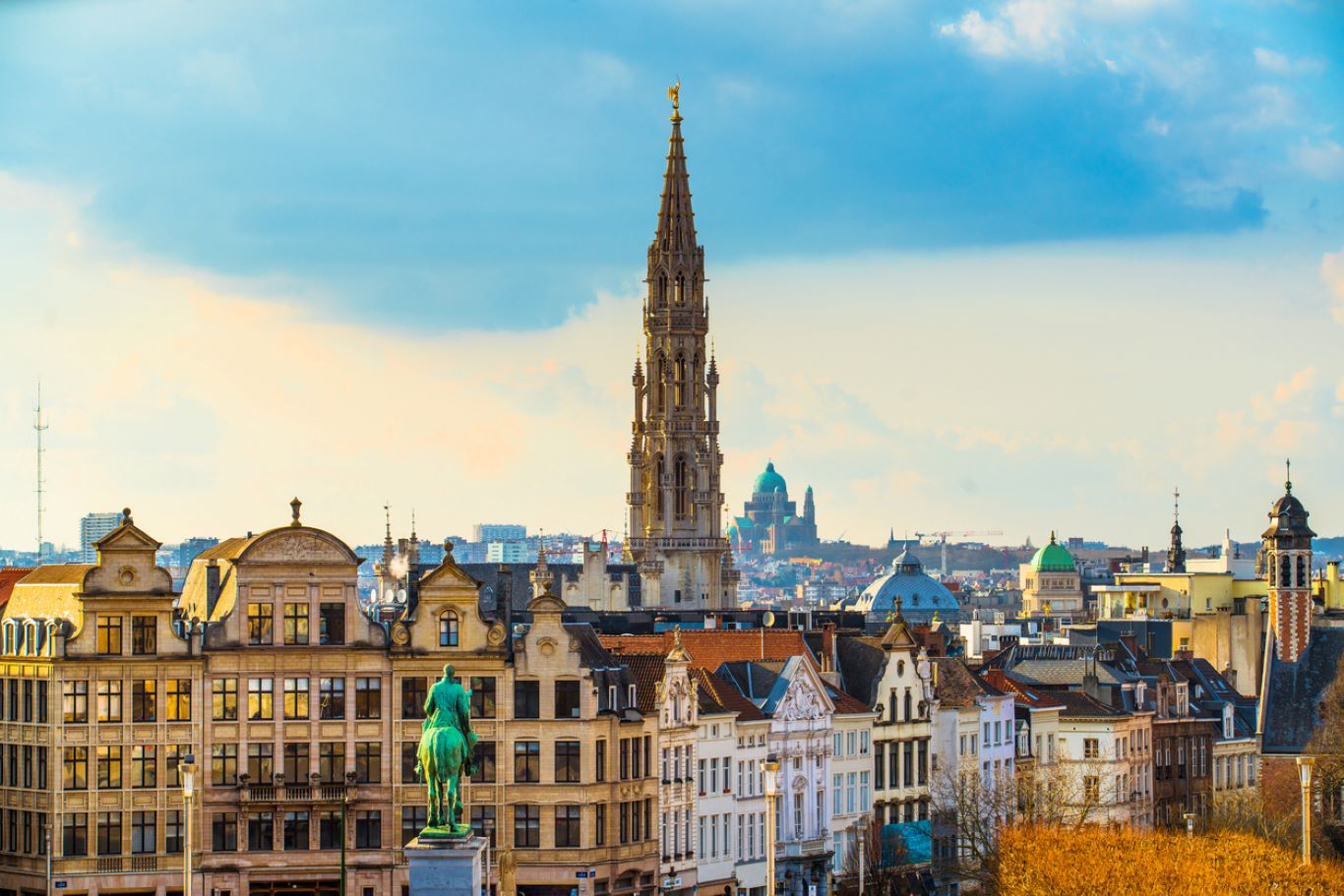Building upon the insights gained from prior RIODD editions, notably the 14th edition, which delved into sustainability territories, and the 18th edition, focusing on the imperative for swift and profound changes in our economies, the 19th RIODD Congress calls for an exploration of organizations within their contextual landscapes. This entails envisioning them as entities open to a myriad of stakeholders, issues, and operational "rules of the game."
A truly transformative socio-ecological transition requires an explicit commitment to strong sustainability—within the limits of the biosphere's fragile and irreplaceable nature. It involves recognizing constraints on the feasibility and desirability of continuous material growth in social metabolisms. Amidst diverse stakeholders, issues, and operational norms, organizations are beckoned to contribute to a sustainable future. Yet, they grapple with conflicting directives, ranging from the imperative of financial viability in an era of fierce competition to the plethora of growth mandates (sales, profits, dividends, market share) compelling them to pursue "ever more."
While commendable efforts by some organizations, championing respect for living beings and planetary balances, adopt a robust approach to human fulfillment within ecological boundaries, the gravity and urgency of contemporary challenges demand broader support. The full transformative potential of these initiatives hinges on substantial backing from consumer-citizens and resolute support from diverse institutions. By institutions, we refer broadly to stable and enduring social structures and collectives that wield the power to empower and constrain actions, be they of organizations or individuals. The entire institutional milieu in which organizations operate must foster imaginative, experimental, and perpetuated initiatives driving desirable change. Simultaneously, organizations possess the capacity to institute practices and standards, imparting them with stability and attractiveness. In light of this, there is an expectation for organizations to contribute to fortifying and embedding more ambitious action standards within the landscape.
The global landscape offers examples of collective dynamics, such as the Wellbeing Economy Alliance, the Green Economy Coalition, the Communauté des entreprises à mission, the Kaya Coalition, and the social economy galaxy, that could collectively shape new institutions fostering more sustainable economies. Initiating a multi-directional, multi-scale process is imperative for mainstreaming sustainable practices—a process involving entrepreneurial experimentation, multifaceted public support, incentives and regulations, and collective dynamics grounded in the commons. These are all ways of imagining, experimenting and sustaining circular, sober, regenerative and distributive practices (Raworth, 2017) that reconnect us with nature, and are guided by motives other than narrow financial performance driven by unrestrained economic growth.
Amidst these considerations, Europe faces distinctive challenges, bearing a historical responsibility as a continent that pioneered industrial revolutions and intensive biosphere exploitation. The imperative for a "just transition," the restructuring of polluting industries, and equitable support for soon-to-be stranded or “exnovated” sectors demand urgent attention. As Europe strives for new economic models prioritizing human fulfillment within planetary boundaries, it holds considerable potential.
The European Union's commitment to climate neutrality by 2050, the "Green Pact," and the Corporate Sustainability Reporting Directive exemplify normative efforts at the EU level. Beyond the normative production effort at EU level, Europe is a human and organizational mosaic that already bears the seeds of change through its social cooperatives, its committed businesses, its third sector and its pioneers of "green" or low-tech technologies. Strong sustainability and contribution to a post-growth economy that prioritizes the satisfaction of human and social needs within planetary limits are therefore more burning challenges than ever for the European continent, its institutions and its organizations. However, the challenges extend beyond Europe's borders, requiring a comprehensive understanding of the repercussions of production and consumption practices globally to design genuinely sustainable (Yi et al., 2022) and post-growth (Hinton and Maclurcan, 2017) organizations. In addition, Europe probably has much to learn from the dynamics taking place beyond its borders, in the global South in particular through ways of resisting and proposing alternatives to the advance of extractive practices.
Submit your work for presentation at the 19th RIODD Congress
Specific calls for papers pertaining to thematic sessions will be published on the congress website and disseminated alongside the general call for papers starting March 15, 2024. Papers associated with a thematic session will be submitted on the congress website through a dedicated tab.
Moreover, the congress welcomes proposals for papers that are not part of thematic sessions, as long as they align with the general call for papers or the overarching themes of the RIODD. The congress embraces a thematic orientation that is inclusive rather than exclusive. Calls for papers and thematic sessions are open to all disciplines within the humanities and social sciences, and even extend beyond to engineering sciences, natural and earth sciences, and more.
Event: 26 - 28 September 2024 Brussels, Belgium
Deadline for abstracts: 24 May 2024
Find more information here








